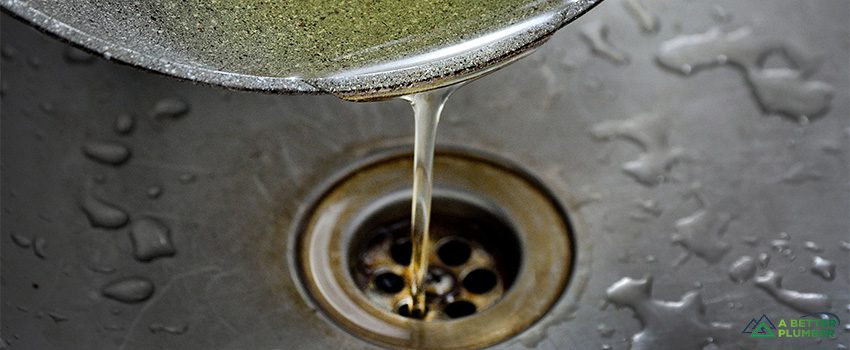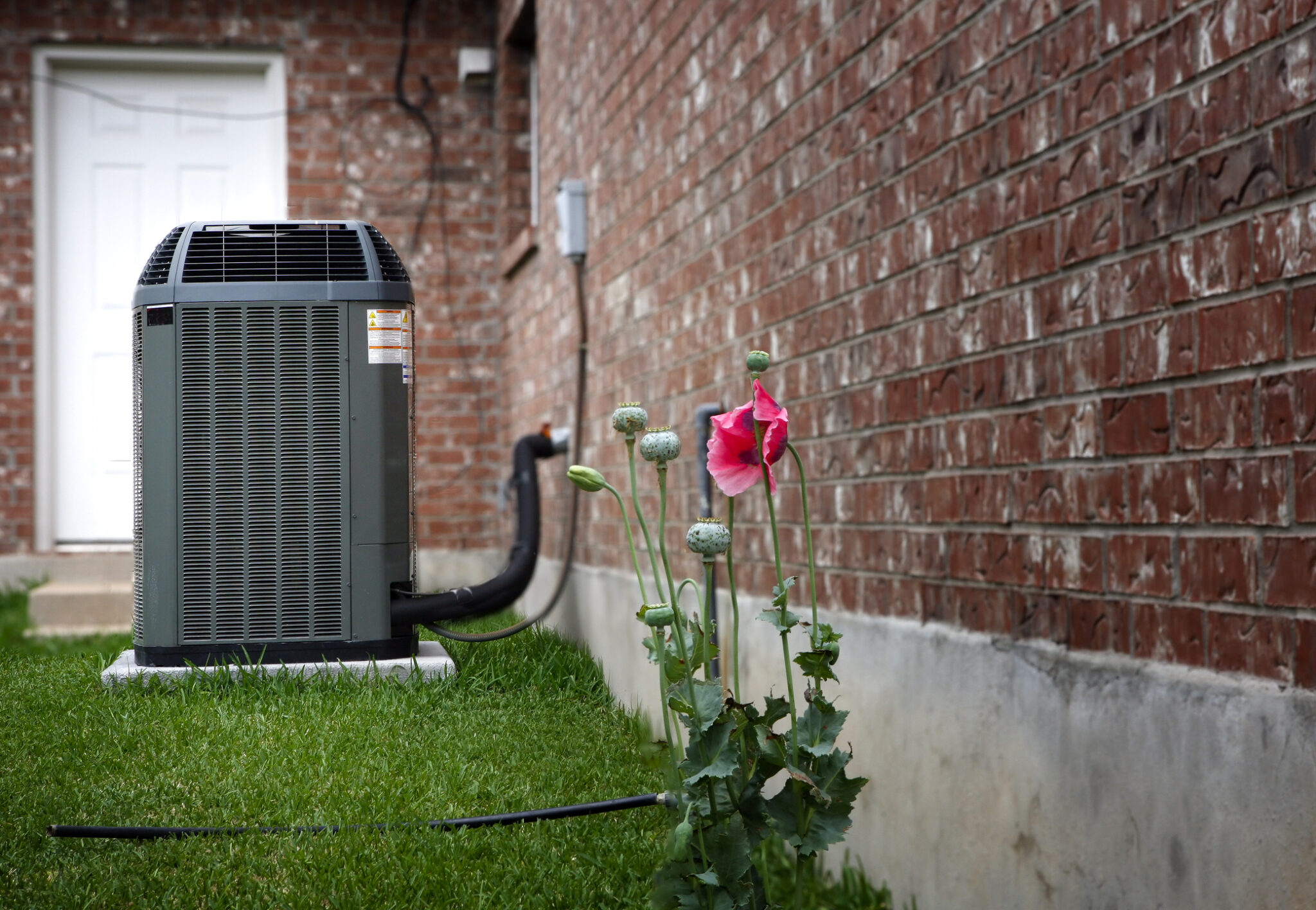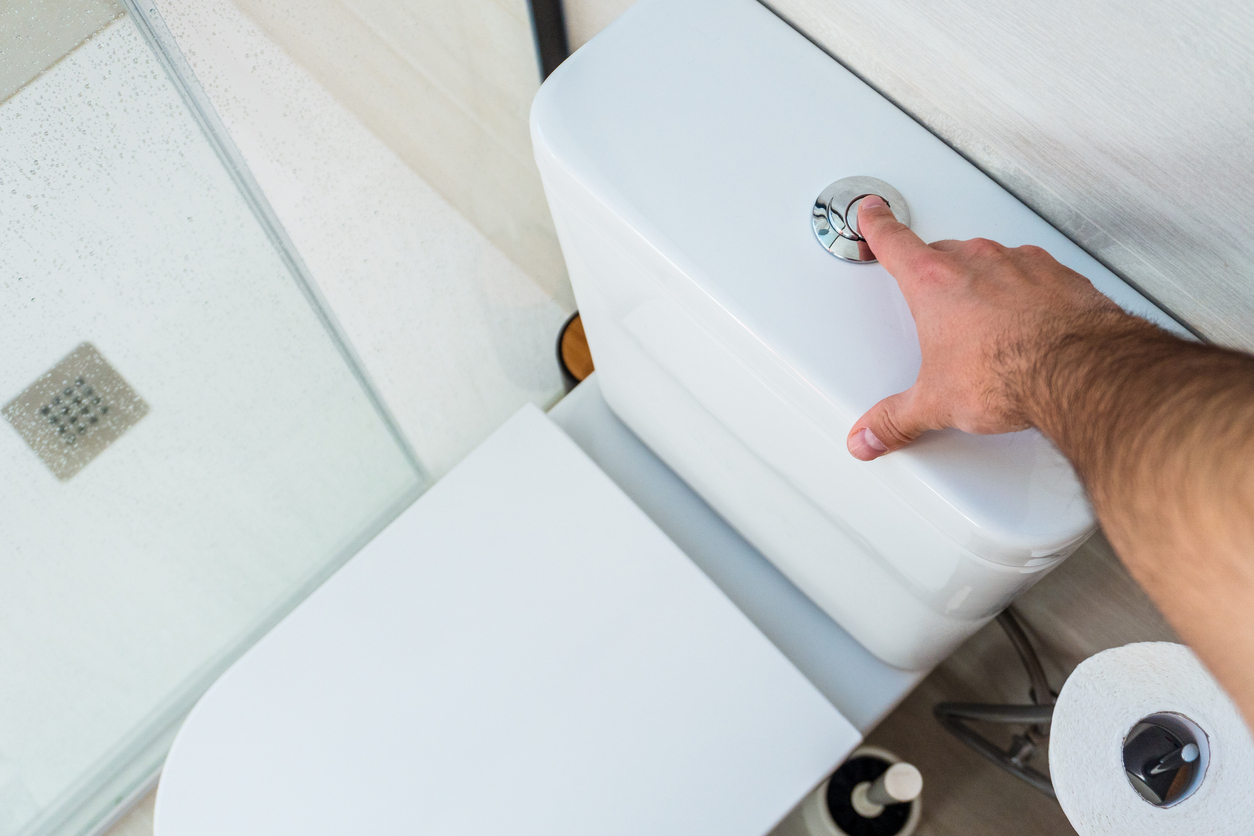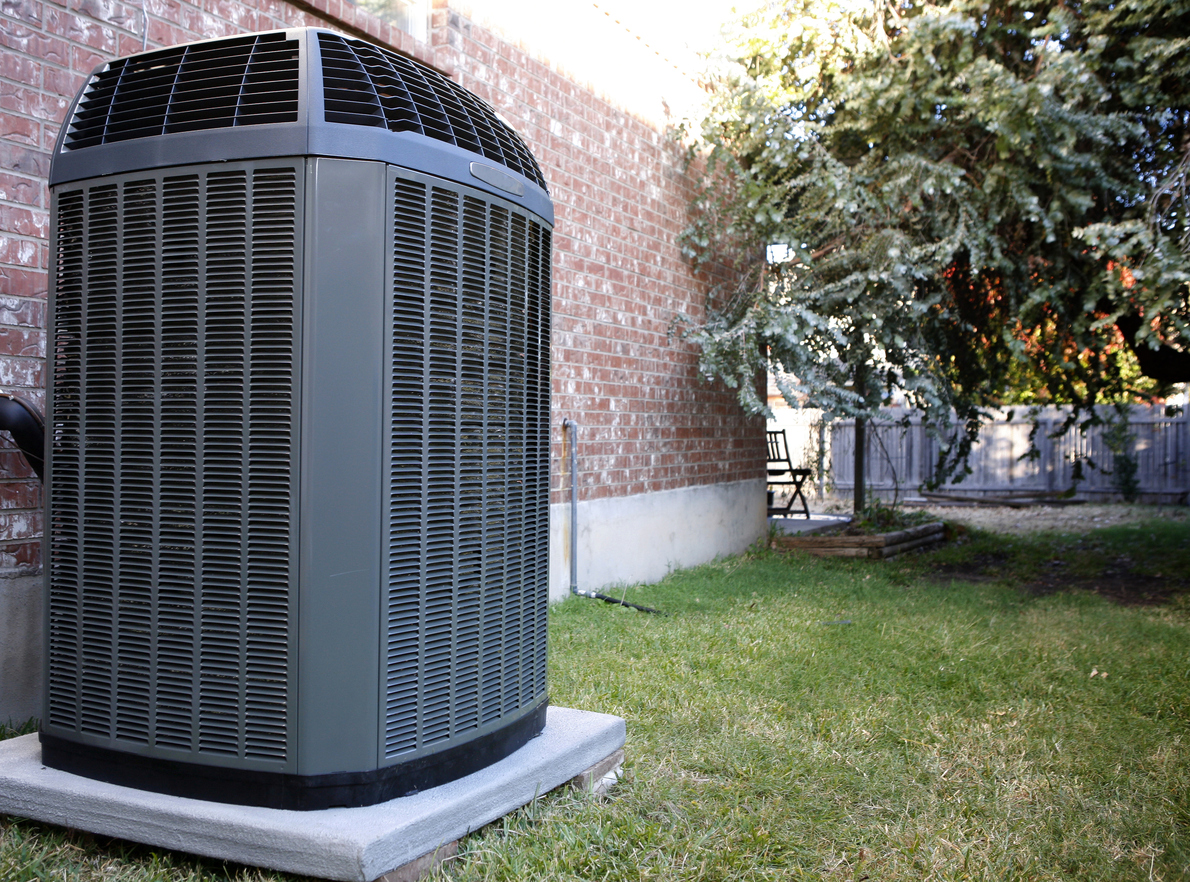How to Dispose of Cooking Oil

It’s tempting to dispose of used oil down the sink after your vegetables are cooked, or your crêpe is pan-crisped to perfection. The sink is right there, and the oil’s still liquid, so it shouldn’t hurt.
Although it might not seem like an issue right now, pouring oil down sink can lead to a huge plumbing bill.
We’ve provided the following steps on how to dispose of cooking oil at home. You can also use the leftover cooking oil to make soap and compost.
Keep in mind that even the smallest amount of oil down the sink can have a cumulative effect on your home and environment.
Can You Pour Oil Down the Drain?
Absolutely not!
Many people are unaware of the potential damage grease and oil can cause when poured down their kitchen sinks. It can cause serious problems with the plumbing system. The viscosity will coat your pipe walls from cooking oil. You will then see oil on your pipe walls. Grease and oil can clog your drainage system. Doing your part in the proper disposal of oil helps your plumbing system and your city’s sewage system.
Here are several reasons why cooking oil disposal down the kitchen drain is detrimental to your pipes and the city’s sewage system.
1. Oil cools down.
Butter, coconut oil, and bacon fat are liquid when heated but solid at room temperature.
Hot grease is still liquid when it’s poured down the sink. However, the grease will harden and stick to the pipes once it cools down.
Oil and any food particles or debris washed down the sink will congeal. Anything heavier than water will get stuck under the sink. Lingering oil or food bits can create funky odors and blockage in your sink in the short term.
2. Permaliquid cooking oils can still destroy your pipes.
Although oils like olive oil or canola oil don’t solidify at room temperatures, plumbers recommend against pouring them down your sink. These oils are hydrophobic, which means they can’t mix well with water and end up coating your pipes.
They will clog your pipes and bind with food particles, fats from table scraps, hair, and other debris. It will eventually cause the water from your sewer to back up into your pipes.
3. Chasing the oil with hot water is detrimental.
According to an old wives’ tale, you should run hot water and dish soap down your sink after disposal of oil down the drain. It is said that it helps the oil travel down the pipes before it solidifies or thickens. However, this strategy isn’t as effective as you might think.
Anything heavier than water will stick to your kitchen plumbing’s U-bend. This DIY remedy may prolong the inevitable but not completely remove the oil.
Even if you only pour oil down the sink once a week, the residual oil will create either a thicker coating or a larger solid mass, depending on what oils you use.
There is no water hot enough or dish soap strong enough to prevent repeated “dumpings” or used oil disposal from congealing at room temperature.
The more oil is poured down before it hardens, the more complicated and costly to fix.
4. It affects the whole sewer system of your city.
If the grease or oil does make it to the sewer line, it deposits chemicals, along with other oils, fats, and grease.
These oils bind with other substances such as calcium, sodium, and food particles in the sewers. They build up and stick to the sewer walls, creating what is known as a “fatberg.”
Fatbergs can form huge solid waste masses that block the flow of wastewater. You can only get rid of them by hiring a professional who will use high-pressure water jets to dissolve the matter. It is important to take responsibility for your actions and not contribute to a fatberg.
How Can We Dispose of Oil Properly?
Knowing how to dispose of cooking helps us avoid blocked pipes, sewage supply buildups of greasy fatbergs, and environmental damage. It is important that you know how to dispose of oil appropriately.
Here is a rundown on how to avoid oil drains.
1. Throw it out together with other household waste.
You can store cooking oil in a separate durable container and toss it with the rest of the household garbage. Follow these simple steps:
- Ensure that the oil is at room temperature before transferring it to another container.
- Place it in a durable container.
- Tightly seal the container and place it in your food waste bin.
- You can also opt to freeze oil in a durable container. Oil freezes within 24 hours.
- Don’t use plastic bags for cooking oil because they aren’t sturdy enough to hold used oil.
2. Contact a hazardous waste disposal company.
Your city should have several hazardous waste disposal companies. They’re a multi-beneficial versatile service. Their pick-up services allow you to dispose of multiple types of items simultaneously.
3. Use a grease disposal system.
Grease disposal systems come in kits specifically designed for grease. They can hold 32 oz (2 lbs.) grease. Place the used oil in a sealed container using this system.
4. Mix used oil other materials.
Another creative way on how to dispose of cooking oil is by mixing it with other materials.
Combine oil with other absorbent substances to make it more solid before throwing it out. Once it is stored, you can dispose of it in the usual way. You can mix used oil with the following materials:
- Sawdust
- Sand
- Flour
- Cat litter
Such materials quickly absorp liquids, making disposal of used oil much easier.
Absolute Electrical Heating and Air Rescues Sink Drains From Improper Oil Disposal
Can you pour oil down the drain? Absolute Electrical Heating and Air gives a resounding “no.”
If you need a plumber in Denver to give sound pieces of advice on how to dispose of oil, among other plumbing advice, Absolute Electrical Heating and Air handles all kinds of plumbing issues and maintenance and lets your plumbing system work well for you.
CONTACT US
Request Service


Save Every Year with an Absolute Advantage Membership
Expert Annual System Safety Inspections & More
- Priority service
- Waived dispatch fees
- Yearly furnace, A/C, & electrical system inspections
- 10% discount on repairs and additional diagnostic services
- Up to $500 off HVAC & electrical panel replacements







